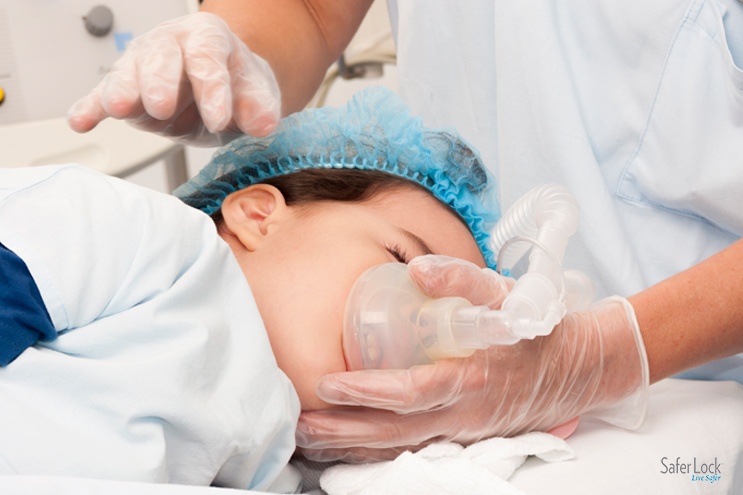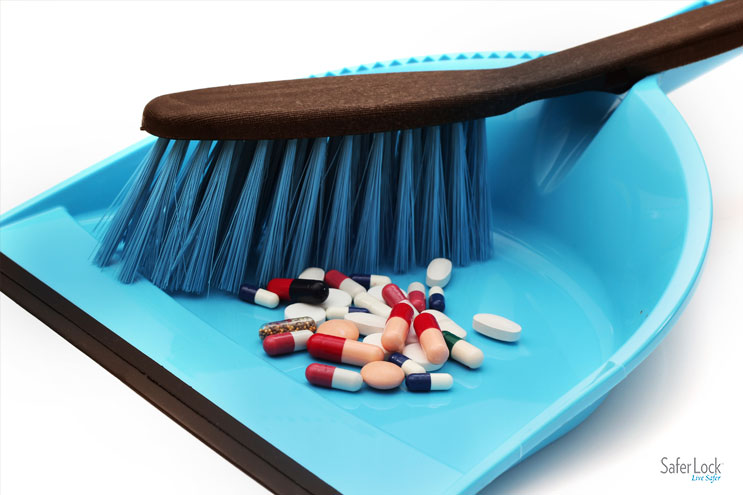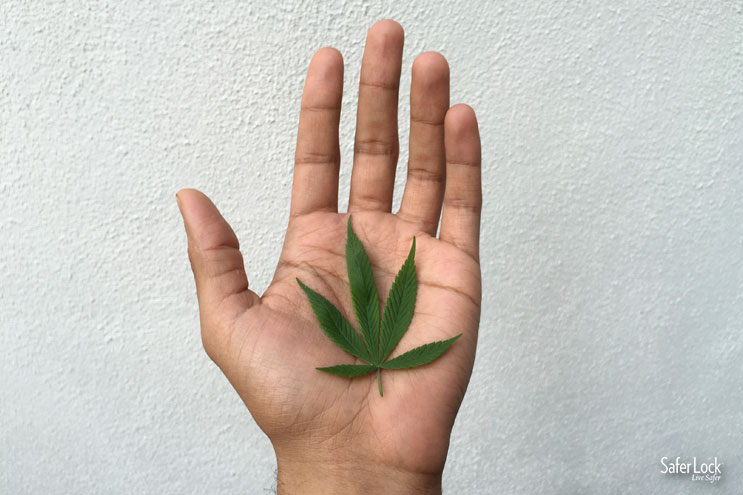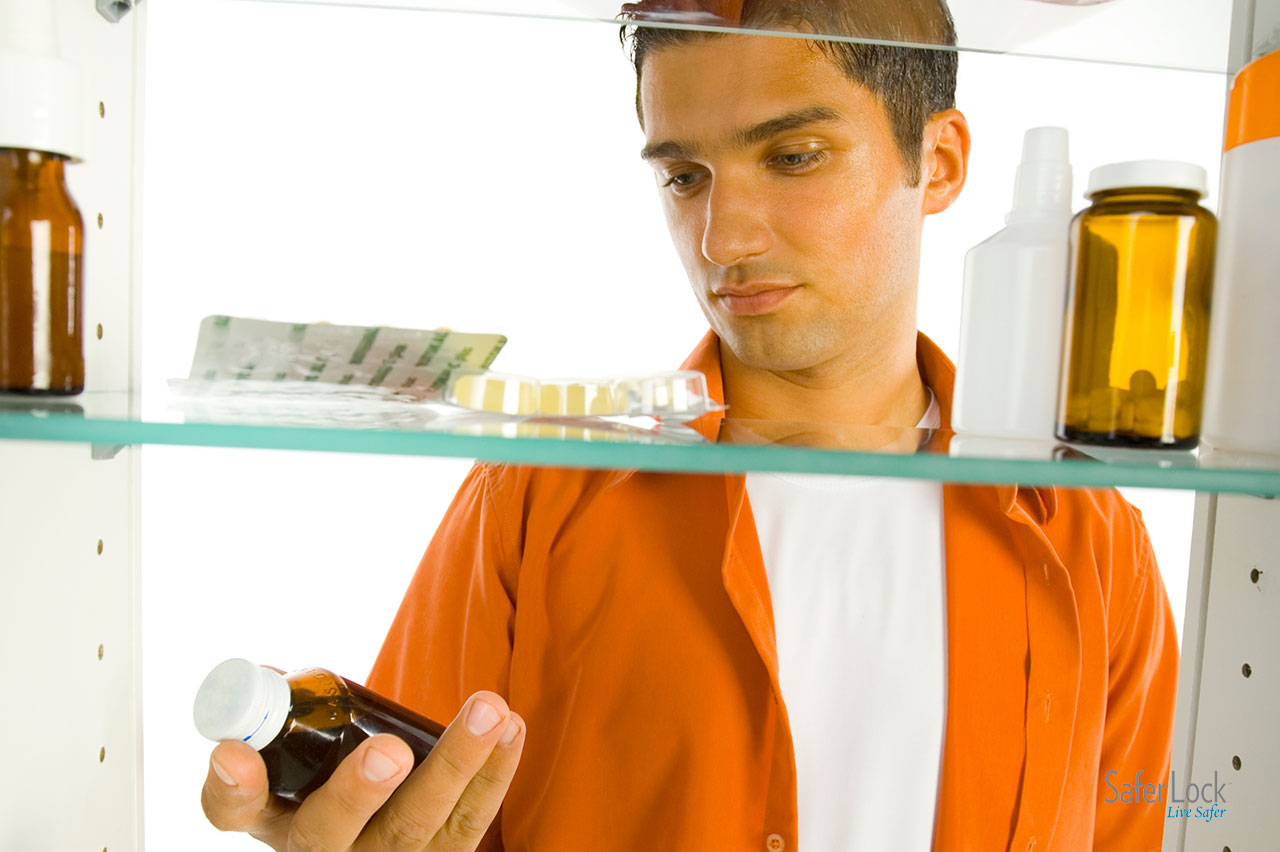An increasing number of adults are choosing medical cannabis as an alternative treatment for a variety of medical conditions.
Nationwide, more and more states are legalizing the medical use of marijuana. With medical cannabis showing up in more homes across America, it brings with it an increased risk to children: the risk of pot poisoning. And adults who have elected to use medical marijuana because they believe it is safer than pharmaceutical treatments may be surprised to hear that “pot poisoning” is even a concern.
But reports from emergency rooms are confirming: pot poisoning is real.
If you have medical (or recreational) cannabis in your home, here is what you need to know about the risks.
What is Pot Poisoning?
Many people see marijuana as a harmless alternative to pharmaceutical treatments, and a “natural” option with little or no side effects. According to the National Capital Poison Center, however, young children have been seriously poisoned by swallowing marijuana.
Colorado was the first state to legalize marijuana for recreational as well as medical use. Colorado researchers have reported an increasing amount of emergency room visits from children (ranging in age from 8 months to 12 years) swallowing marijuana products.
“Exposure of marijuana products to kids and teens in Colorado has increased over the past several years since the increased availability of both medical and recreational marijuana in Colorado,” reports Children’s Hospital Colorado.
The most common symptoms of child marijuana poisoning include:
- Excessive sleepiness
- Dizziness
- Trouble walking
- Lack of Oxygen
- Chest Pain
- Vomiting
- Respiratory Depression (Slowed breathing)
- Coma
Out of 14 studied cases, one was admitted to the pediatric intensive care unit because of “respiratory insufficiency,” a condition in which the lungs cannot properly take in enough oxygen or expel enough carbon dioxide.
How are Kids Getting Poisoned from Pot?
In most cases of accidental marijuana poisoning, kids aren’t smoking or even eating the marijuana plant itself. The most common overdose incidents occur when children ingest “edible” forms of marijuana, such as cookies, candies, brownies, lollipops, or gummies.
When a child under the age of 12 ingests an edible marijuana product, the effects are often much stronger, more prolonged, and more severe than they would be for an adult.
Edible products often have much higher levels of THC (Delta-9-tetrahydrocannabinoid), the main psychoactive component in marijuana. Smoking marijuana can bring on symptoms quickly (within 5 minutes), which dissipate after a few hours. Ingesting edible products, however, will bring on symptoms slowly (within 1 - 4 hours), and the effects last much longer.
Many young children who ingest edible marijuana require hospital admission due to the severity of their symptoms.
How Can I Safeguard My Family Against Accidental Pot Poisoning?
Luckily, parents who use medical or recreational cannabis and edible marijuana products can protect their children from accidental poisoning from pot.
The answer is simple. Lock it up.
Treat cannabis in all of its forms like any other medication. Secure medical marijuana and edible marijuana products in a locking medicine storage box or bottle with a combination lock.
Protecting kids from marijuana exposure includes taking steps such as:
- Lock up cannabis and cannabis products with a lock box or locking bottle.
- Store cannabis out of sight and out of reach of children.
- Avoid storing edible cannabis products around regular food items.
- Avoid leaving cannabis or cannabis products in reach of children.
- Avoid medicating in front of children.
What to do if you Suspect Your Child has Been Poisoned
If you suspect your child has accidentally ingested a marijuana product, call the Poison Help Hotline, local emergency service, or get them medical attention right away.
Program the Poison Help Hotline phone number into your phone in case of emergencies: 1 (800) 222- 1222
Don’t let fear of the repercussions of marijuana use prevent you from getting immediate medical attention for your child.
Parents who use medical cannabis have an added responsibility to protect their children from accidental ingestion and pot poisoning incidents. Cannabis may be a more natural treatment option for your medical conditions, but it is not without risk to the children who live in your home. Special care should be given to edible food products that could be mistaken for a regular treat, and which often contain more potent levels of THC. Responsibly securing and storing your medication can help protect the health and wellbeing of your children.




